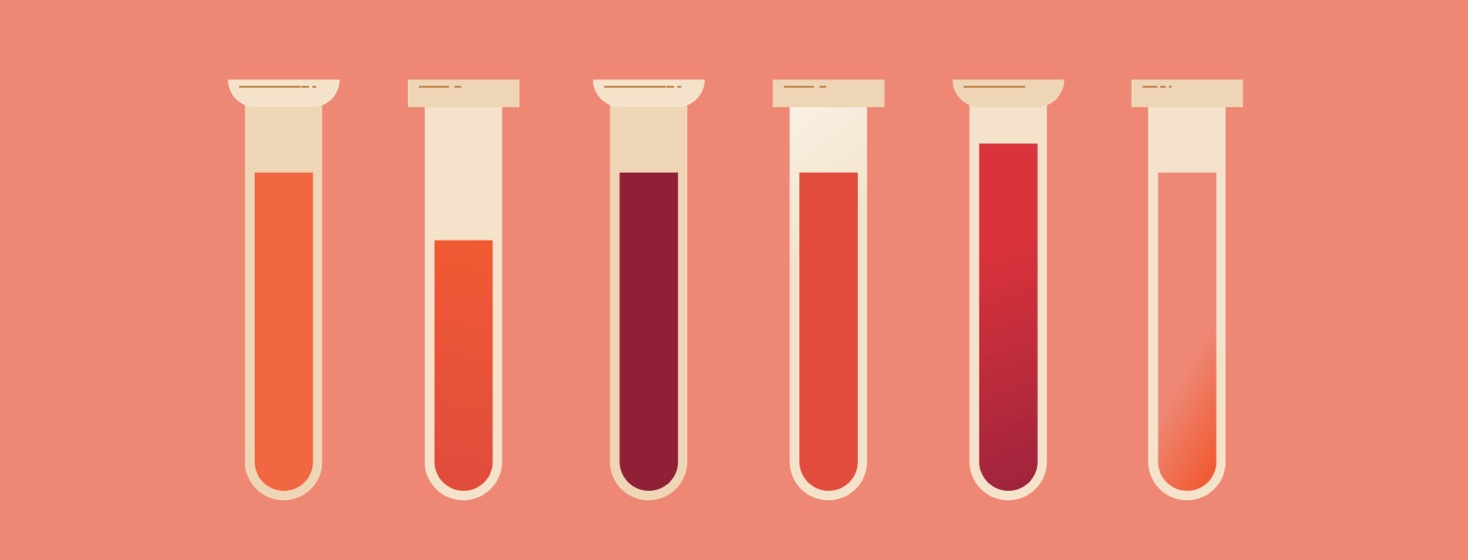Can You Donate Blood With Myasthenia Gravis?
Donating blood helps people in local hospitals who need blood transfusions. It benefits people who have lost blood from transplants or surgery. It also helps people who cannot make enough blood on their own. Each donation of whole blood can help as many as 3 people.1
People with myasthenia gravis (MG) may be able to donate blood if they do not have active symptoms (asymptomatic). That being said, there are still situations where donating blood may be unsafe. Certain medicines, illnesses, and travel histories may make you ineligible to donate. If you have MG, talk to your doctor about whether donating blood is safe.2
What are the eligibility requirements?
To donate blood, you must meet certain requirements. This is to keep you and the person receiving your blood safe. The general eligibility requirements include:1,3
- Age: at least 17 years old
- Weight: at least 110 pounds
- Immunizations: at least 3 days after receiving a COVID vaccine
- Health: feeling well on the day of donation
- Frequency: varies by type of donation and location
The US Food and Drug Administration (FDA) sets certain other restrictions. Donating blood can be unsafe if you are on certain drugs, have medical restrictions, or have traveled to certain areas. You cannot donate blood if you:3,4
- Do not feel well on the day of donation
- Currently take antibiotics for an infection
- Have taken CellCept® in the last 6 weeks or Arava® in the last 2 years
- Have taken aspirin in the last 2 days (if you are donating platelets)
- Take blood thinners or antiplatelet drugs
- Have had dental surgery within the last 3 days
- Have tested positive for HIV
- Have had cancer during the last year
- Have traveled in the last 3 months to an area where malaria is common
These are not all the restrictions. Tell the blood donations staff your full list of medicines you take, medical history, and travel history.
Can people with MG donate blood?
MG is an autoimmune condition. This means that proteins called antibodies attack your own cells. In MG, antibodies interfere with communication between nerves and muscles. This causes muscle weakness in the eyes, throat, mouth, and limbs.5
MG is not contagious. It cannot spread from one person to another in blood. People with MG may donate blood if they are asymptomatic. But your doctor may advise you not to donate blood in certain situations. And certain drugs may make donating blood unsafe.2,5,6
When is it unsafe?
MG does not make you ineligible for blood donation. But you cannot donate blood if you take CellCept or have taken it in the last 6 weeks. CellCept may cause birth defects if your blood is given to a pregnant person.7
Other immunosuppressants may make blood donation unsafe. Immunosuppressants can increase your risk of infection. Talk to your doctor about whether blood donation is safe for you. Do not stop taking any medicines in order to donate blood.7
In addition, you should not donate blood during a flare-up. If you do not feel well or symptoms are not controlled, a donation may be unsafe. Wait until you feel better before trying to donate blood. When in doubt, talk with your doctor.1,2
What questions should I ask?
Talk to your doctor if you are unsure about whether to donate blood. They can advise you whether it is safe to donate, considering your specific symptoms and medicines. They can also suggest ways to stay safe while donating.
Some questions to ask your doctor include:
- Am I healthy enough to donate blood safely?
- Do the drugs I take make me ineligible to donate blood?
- How should I prepare to donate blood safely?
- What can I do after donating blood to stay safe?

Join the conversation